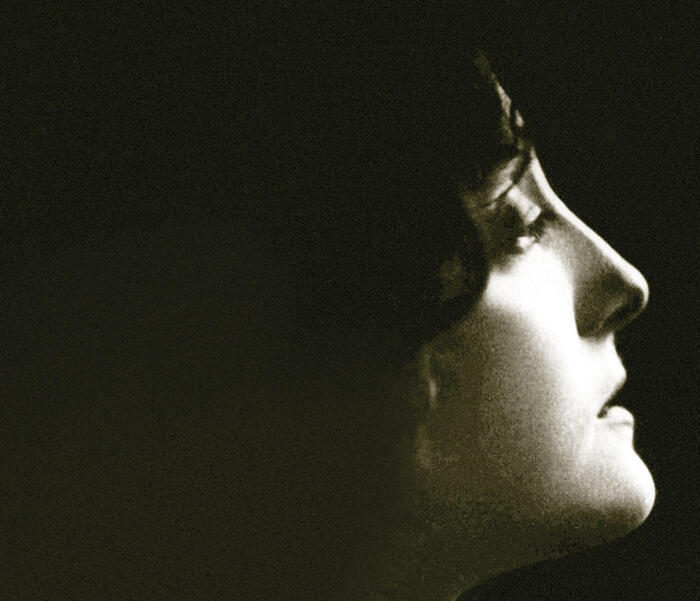On the evening of April 20, one hundred years ago, the Pittsburgh audience applauded her for the last time: undermined by the tuberculosis that had afflicted her for years, attacked by pneumonia caused by the fatigue of the exhausting American tour and by the cold, Monday April 21 1924, in the bed of her hotel room, Eleonora Duse, "the Divine", dies. If with her a glorious page of the theater closes, that of romantic furies and exhausted gestures, it is precisely with her that the - very modern - model of the contemporary actress was born, aimed at bringing naturalness, empathy and sobriety to the stage. of voice and body.
The very Eleonora venerated and exploited by Gabriele d'Annunzio for years is the opposite of her in art and technique; so much so that Henrik Ibsen appears in her most authentic repertoire after his first youthful successes linked to the naturalism of Zola and Verga or the passion of Arrigo Boito and the Scapigliati. In the generation of theatrical myths such as Sarah Bernhardt (her great rival) and Ermete Zacconi (her great friend), Eleonora Duse stands out with a personality and originality that already in her time made the critic Hermann Bahr say: "it's her the greatest actress in the world."
Born in Vigevano on 3 October 1858 into a family of wandering thespians, at just twenty years old, she debuted with her own company together with Giacinta Pezzana achieving success with "Teresa Raquin" by Emile Zola. Thanks to a skilful choice of texts loved by the bourgeois public of the 1980s (in particular Sardou and Dumas son) she soon became a public darling, venerated by critics for the sobriety of her gesture and idolized by spectators for her shy beauty. and elegant.
Petite in physique (just 165 centimeters which on stage however seemed to magnify her stature), capable of alternating proverbial sobriety with "divine" and diva-like attitudes, Eleonora avoided worldliness for a long time until in 1894 she met Gabriele D'Annunzio in Venice. She has already been the wife of her colleague Tebaldo Tarchetti with whom she had her daughter Enrichetta but who will leave her for the younger Irma Gramatica; she was the fiery muse of Arrigo Boito who she will always remember as "the red thread of my existence", but she does not know how to avoid the poet and will share successes and excesses with him until 1904 when she declares that she is tired of paying the debts for the her restless artistic companion who also dedicated "The Dead City" and "The Fire" to her. On stage she is the protagonist of D'Annunzio's works several times, but she does not give up her "workhorses" and in 1909 in Vienna she achieves a triumph once again with Ibsen's "La donna del mare".
His myth is destined to relive, once again, thanks to Valeria Bruni Tedeschi who will take on his role in Pietro Marcello's new film, "Duse", produced by Palomar at Avventurosa and perhaps in the running for the next Venice Film Festival.

